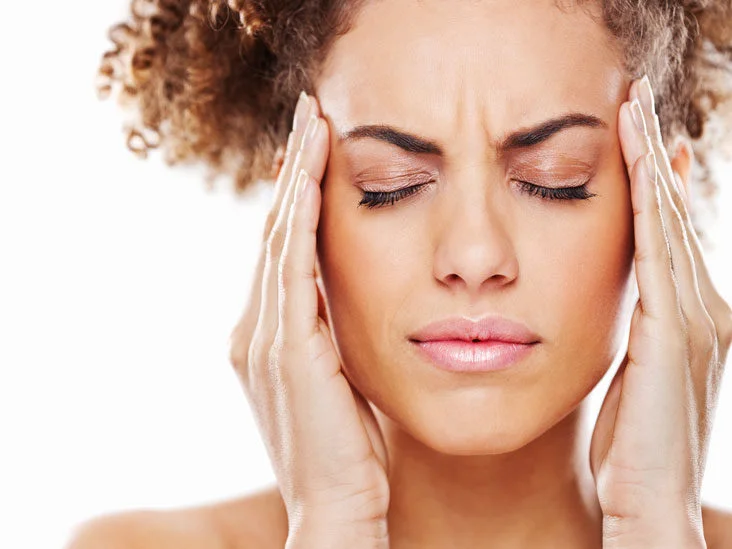The Most Common Causes of Headaches and How to Treat Them
3 min read
Headaches are an unfortunately common occurrence that can happen to anyone at some point. But knowing the causes and how to treat them can make you feel better and allow you to enjoy life more fully.
Headaches can be divided into two categories: primary and secondary. Primary headaches refer to those that do not arise from another medical issue.
1. Stress
Stress plays a significant role in both tension headaches and migraines. It causes the body to release cortisol, a hormone which may trigger physical reactions like a runny nose or tears.
To manage stress, you can learn meditation techniques or consult with a psychotherapist or yoga teacher. These practices will help regulate your stress level and address the underlying cause of your headaches.
Other ways to relieve stress are spending quality time with friends and family, volunteering, or getting a massage or acupuncture.
2. Food
Foods that cause headaches are often the result of an overall dietary pattern. This is especially true for migraine sufferers, whose diets tend to be more intricate and may include multiple triggers.
Some foods known to cause migraines include alcoholic beverages, aged cheeses, smoked or dried fish, high sodium foods like potato chips and cultured dairy products, as well as high potassium contents from olives or fresh tomatoes.
Eating a balanced diet can also help to prevent headaches. Include fruits and vegetables, whole grains, low-sodium foods, lean meats, fish and poultry on your menu; plus make sure you drink plenty of water throughout the day.
3. Alcohol
Alcohol has long been connected to headaches, though there isn’t enough proof to prove it causes every attack. That being said, if you experience migraines frequently, consider limiting your drinking.
Ethanol, the primary chemical in alcoholic drinks, travels through your body and dehydrates you rapidly. Drinking water and taking a hydration supplement can help keep you well hydrated, decreasing the likelihood of alcohol-induced headaches or initiating migraine attacks.
Avoiding alcohol with high levels of congeners – the chemicals in the liquid – can reduce your risks. These are more prevalent in dark-colored alcoholic drinks like red wine, brandy and rum; but less so in clear liquids like vodka and gin.
4. Drugs
There are various medications that can be used to relieve headaches. These include nonsteroidal anti-inflammatory drugs (NSAIDs), pain relievers and narcotics.
Narcotics may be beneficial when treating a headache that is causing you to feel drowsy, tired or nauseated; however, they should not be used long-term to address chronic headaches.
Another type of headache is a migraine, which typically affects one side of the head and presents as intense, pulsating pain that comes on as an intense cluster. Additionally, people suffering from migraine may experience sensitivity to light or sound.
Migraines can be divided into two categories: episodic and chronic. Episodic attacks occur daily for weeks or months with brief remissions, while chronic migraines last a year or longer and are characterized by pain that is worse at night.
5. Sleep
Headaches can be caused by insufficient or interrupted sleep, travel/jet lag, stress and anxiety, medical issues, and irregular work schedules.
The Centers for Disease Control and Prevention recommend that adults get between 7 to 9 hours of sleep nightly. Not getting enough shut-eye can cause symptoms such as daytime drowsiness, cognitive impairment, and mood swings.
People with migraine are 2 to 8 times more likely to suffer from insomnia than the general population, as migraines and their associated comorbidities affect the brain’s capacity for controlling sleep and arousal.







